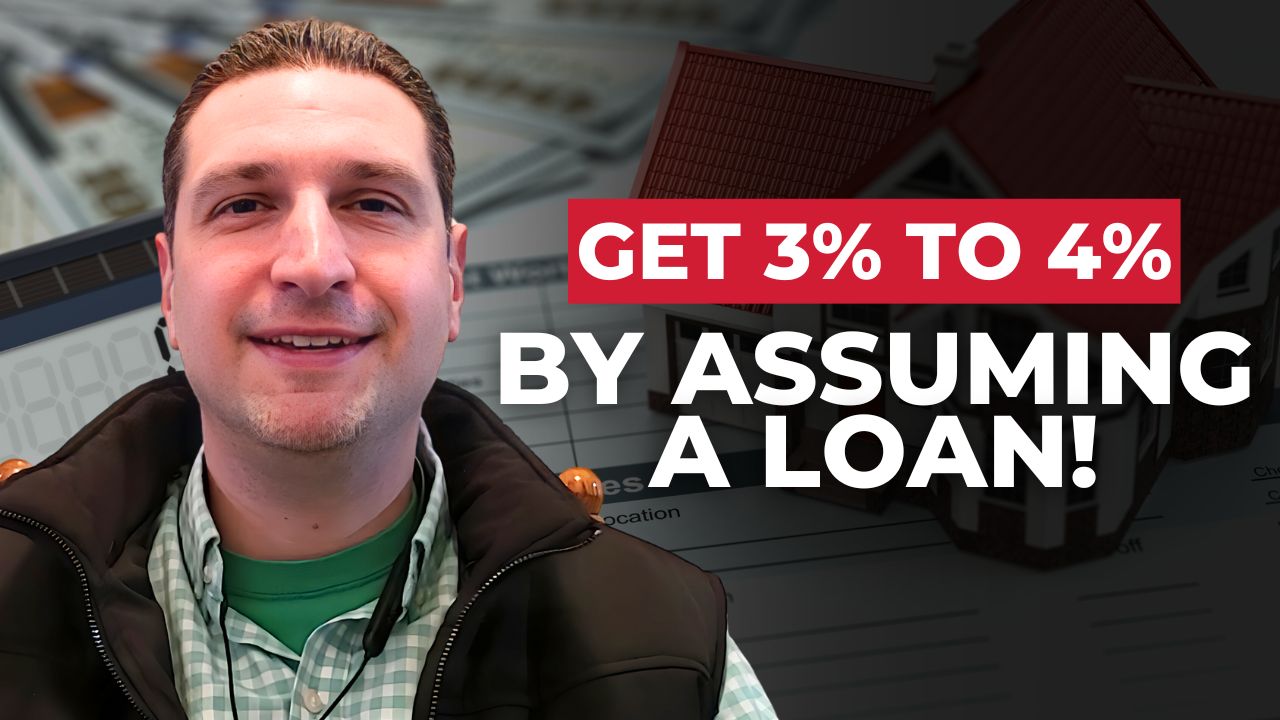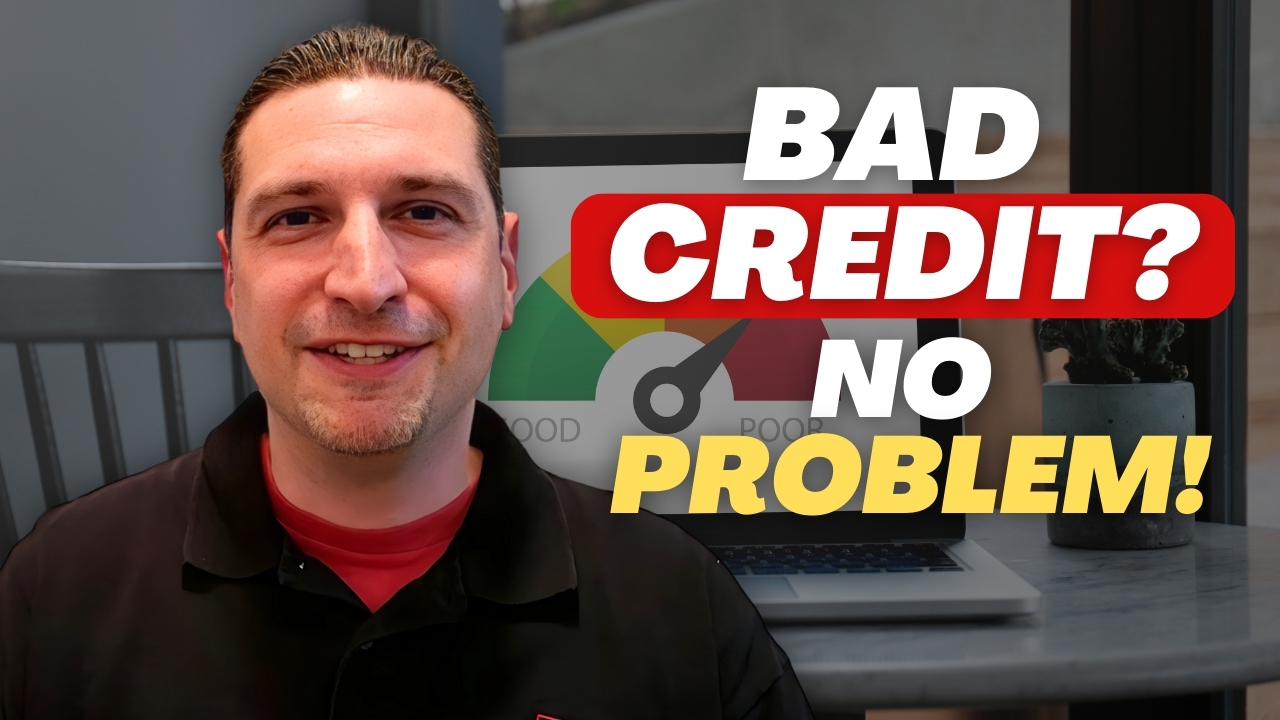Transform Your Kentucky Home Sale. Empower yourself with a free strategy session and sell your home like a pro. Book a Call Now
Have you ever thought about investing in a rental property? Real estate investments can be a great way to earn passive income, but you need to be careful. Not all rentals are the same, so you need to know which ones make sense financially.
There are different factors to consider, but the main way to determine if an investment will be a good one is to run the numbers. Whether or not you like math, it is crucial to finding an excellent real estate investment. However, this is challenging and daunting for many people, so I’m here to simplify it for you.
1. Figuring out your spending and budget. Find out how much you need to spend and how much you should pay to purchase the house. Take into account your emergency funds for unexpected repairs. Ideally, you need a minimum of $100,000 to get a house that won’t need constant repairs. Finding a partner you can work with for financial resources, and management is a good idea if you are short on funds.
Over time, you’ll build equity in that house, and you can get a home equity loan. These loans are ideal for rental properties because they will lend you more money than the house is worth, which you can use as an emergency fund.
2. Buying your rental property. The price of the house depends on the location and the size, but more than that. As a rule of thumb, for every $100,000 your house is worth, you can get up to $1,000 monthly for rent. For example, if you buy a $200,000 house in pristine condition, you can rent it for up to $2,000 per month, depending on your neighborhood. More bedrooms, garages, or basements can potentially increase your rent. This rule of thumb is not applicable past $2,000 monthly for rent because potential renters would be better off buying their own home.
3. Research the neighborhood. Look at comparable rentals in the area to get a better idea of potential rent and optimize your pricing. You might find that a $200,000 house brings in only $1,500 per month in that area. To attract the best tenants, consider offering a slightly lower rent than the competition.
4. Calculate your expenses. Now that you know your potential income, it’s time to compute your expenses. There are three terms that you need to know: gross income is the money you make in rent payments. Net income is your income after expenses are deducted, and cash flow is your net income minus your loan payment.
Subtract your expenses from your gross income to get the net income. Then, take that number and deduct your loan payment to get your cash flow. Loan payments are computed separately because they are typically fixed until paid off, while other expenses are more flexible. Investors like to separate controllable (utilities and others) and uncontrollable (loan payments) expenses.
5. Prepare for vacancies and other expenses. This is the time between tenants when no one pays the rent, electric, or water bills. This is also when you’re trying to make renovations like painting, flooring, and changing locks. I recommend renting a small dumpster, too, because tenants always leave stuff behind. Budget for three months of vacancy per year, though a great tenant with a long lease can minimize this.
Mortgage payments typically include loan principal, interest, property taxes, and insurance. Other expenses can include loan payments, including insurance and taxes, repairs, maintenance, pest control, HOA fees, landscaping, and property management fees.
6. Evaluate your investment. After accounting for all your income and expenses and the net income or cash flow, don’t end in a positive number; run away! That property is not the right investment. Follow the 50% rule, which suggests that normal operating expenses for a rental property should be about half of the gross income. For a $1,500 monthly rent, expenses shouldn’t exceed $750, excluding the loan payment.
This topic entails many subjective and confusing aspects, so I recommend getting advice from an expert. I would love to help you. If you want my help buying an investment property or seeing if the investment would be worth it, call me at (502) 338-2861 or email me. I would be happy to walk you through every step of this process.
Want to work with me? Here are some ways to get involved.
-
Real-World Home Value Estimate. We have eager buyers waiting in the wings. Share a few details, and we’ll give you a real-world estimate of your home’s value and the expected time to sell. Get Estimate
-
Maximize the Value of Your Home. Increase your home’s value with the right upgrades tailored to your home, neighborhood, and budget. Let me create a personalized plan to maximize your profits. Request Your Plan
-
Louisville’s Strongest Cash Offers. Skip the stress of showings and open houses. If you’re looking for speed and convenience, we have real cash buyers ready to make an offer on your home today. Get a Cash Offer Now
-
Home Buyers Academy. How can you afford a home? Join me online or in person and I’ll teach you everything you need to know about how to become a qualified buyer. Register Now





